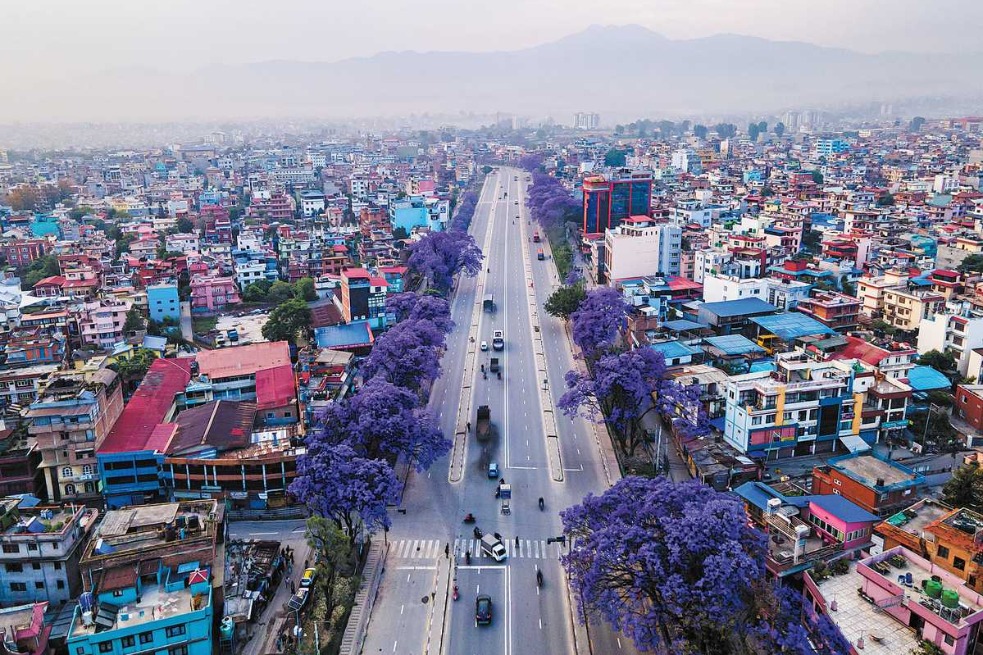African leaders, Africa CDC, and partners unite to fight cholera outbreak

In a historic demonstration of political resolve and continental unity, 20 African Union member states affected by the current cholera outbreak have expressed their commitment to not only control but also end the recurring cholera outbreaks.
Following a call by the Africa Centers for Disease Control and Prevention or Africa CDC, the leaders attended a high-level virtual meeting on Wednesday where they agreed on accelerated investment, cross-border coordination and vaccine access to eliminate cholera by 2030.
The leaders committed to operationalizing the continental incident management support team and building on the successful Mpox response to reinforce cross-border surveillance, according to a statement released by the Africa CDC on Thursday.
At the national level, they pledged to establish presidential task forces on Cholera to strengthen multisectoral coordination, mobilize domestic resources and enforce accountability frameworks.
They further emphasized scaling up local vaccine manufacturing, expanding water, sanitation and hygiene infrastructure as well as deepening partnerships with the private sector.
Speaking at the event, Mahmoud Ali Youssouf, the chairperson of the African Union Commission, called for bold leadership and systemic change.
"The people of Africa are watching. They expect bold, coordinated, and unwavering leadership that puts their health and dignity first. This crisis demands action at the highest political level. Only through the direct engagement of our Heads of State can we drive the elimination of cholera by 2030," he said.
"This requires a continental shift-strong national leadership, domestic investment, integrated national actions, and regional coordination. We must also break the cycle of dependency by accelerating vaccine manufacturing and ensuring equitable access to life-saving tools."
João Manuel Gonçalves Lourenço, the president of Angola and chairperson of the African Union, underscored the need for transformative investments.
"To tackle this disease, we must invest robustly in water, sanitation, and health systems. This is our moment to turn historic challenges into real opportunities for economic and social development," he said.
Dr. Jean Kaseya, the director general of the Africa CDC, emphasized the systemic drivers of the crisis – limited water, sanitation and hygiene infrastructure, insecurity, weak coordination, and vaccine shortages.
"Africa needs 54 million doses of oral cholera vaccine annually, but receives barely half. This gap is unacceptable. Urgent action is needed to scale up local production and secure supply," he said.
































